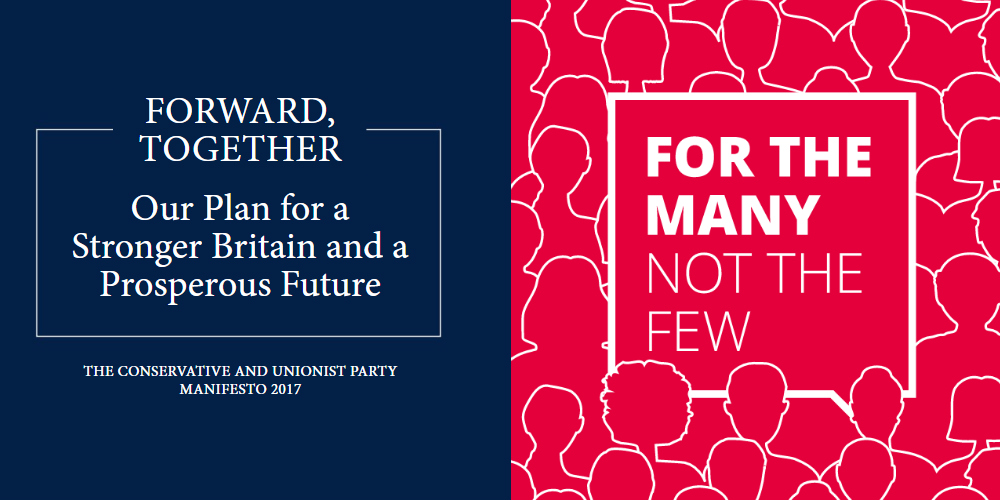The Federation of Small Business’ (FSB) chairman Mike Cherry has outlined the trade body’s position on both the Conservative and Labour election manifestos.
In a statement on the more recent Conservative manifesto, Cherry praised low taxation policies, a continuation of business rates relief, a consultation on energy caps for businesses and National Insurance relief for employers who take on ex-offenders, care leavers and people with physical or mental conditions.
Though the immigration skills charge for small businesses is lower, the chairman said they were seeking more information as to whether this would continue under a new conservative government.
He commented, “A thriving small business community, helped to grow by a supportive government, will be crucial to the strong post-Brexit economy which the Prime Minister has spoken about.”
On the Labour manifesto, the FSB welcomed the party’s pledge to not raise national insurance contributions for the UK’s 4.8 million self employed workers, the removal of very small businesses from quarterly reporting, business rates reform and tougher rules for late payment of small businesses by larger businesses.
However, Mike Cherry was not satisfied by the Labour Party’s position on corporation tax and sough clarification as to whether any increase would apply to small firms. The FSB boss explained, “These are the millions of strivers in our economy; the risk-takers who spearhead growth and productivity.
"All parties should now follow suit and not hike taxes on the group that will drive the UK economy forward.”
In its response to the election manifestos, the ACS focused on business rates. CEO James Lowman stated, “We welcome the commitments from the major party manifestos on reforming the business rates system, and will work closely with the next Government to ensure that there is an effective and long lasting approach.”
The ACS also supplied each party’s business rates pledges found within their election manifestos:
Conservatives
“We will make sure that revaluations are conducted more frequently to avoid large changes to the bills that businesses face, and explore the introduction of self-assessments in the valuation process. To ensure the system is sustainable for the future we will also conduct a full review of the business rates system to make sure it is up to date for a world in which people increasingly shop online.”
Labour
"[We will] introduce a package of reforms to business rates – including switching from RPI to CPI indexation, exempting new investment in plant and machinery from valuations, and ensuring that businesses have access to a proper appeals process – while reviewing the entire business rates system in the longer run.”
Liberal Democrats
“Reviewing the Business Rates system, prioritising reforms that recognise the development of the digital economy, lessening the burden on smaller businesses, and ensuring high streets remain competitive. We will also consider the implementation of Land Value Taxation.”
Plaid Cymru
“Plaid Cymru will put an end to the unfair business rates system, by moving towards a turnover-based system.”






Comments
This article doesn't have any comments yet, be the first!